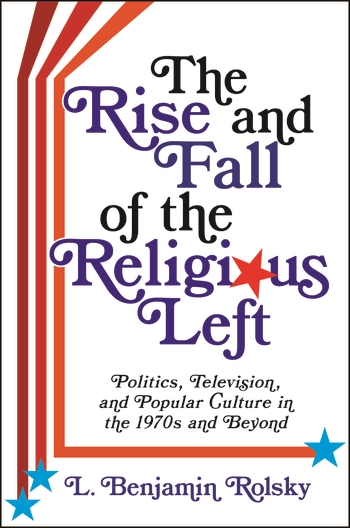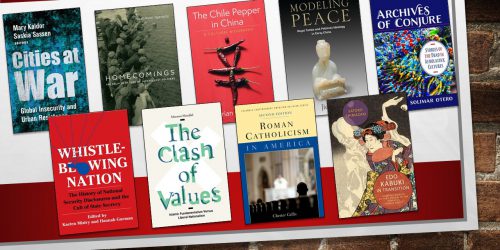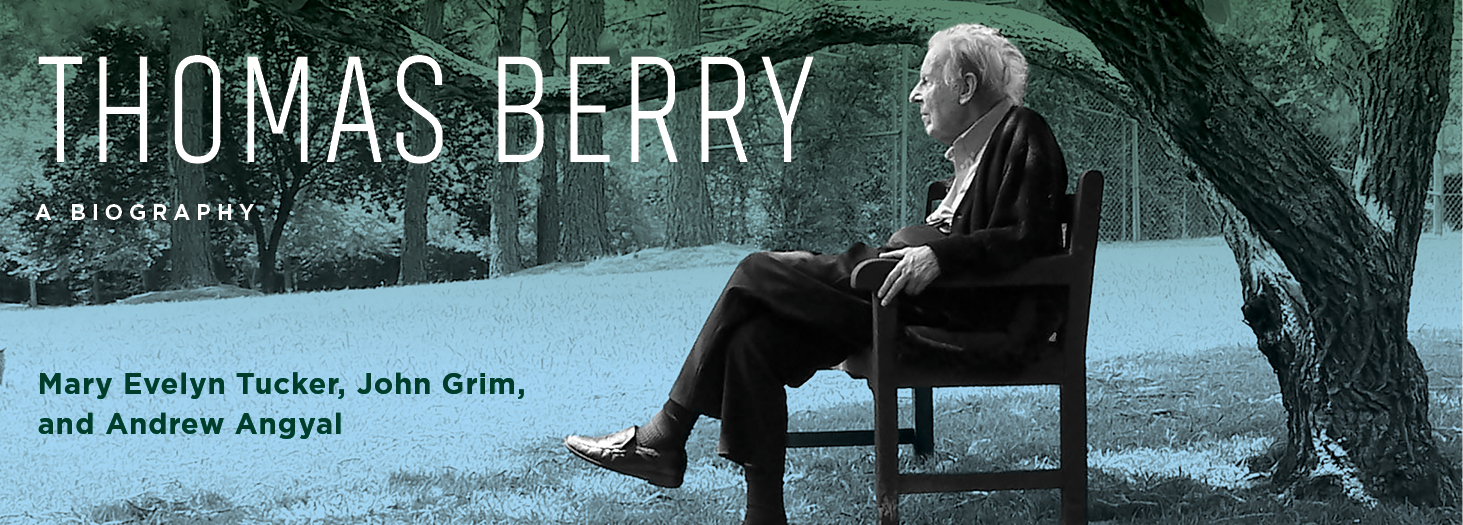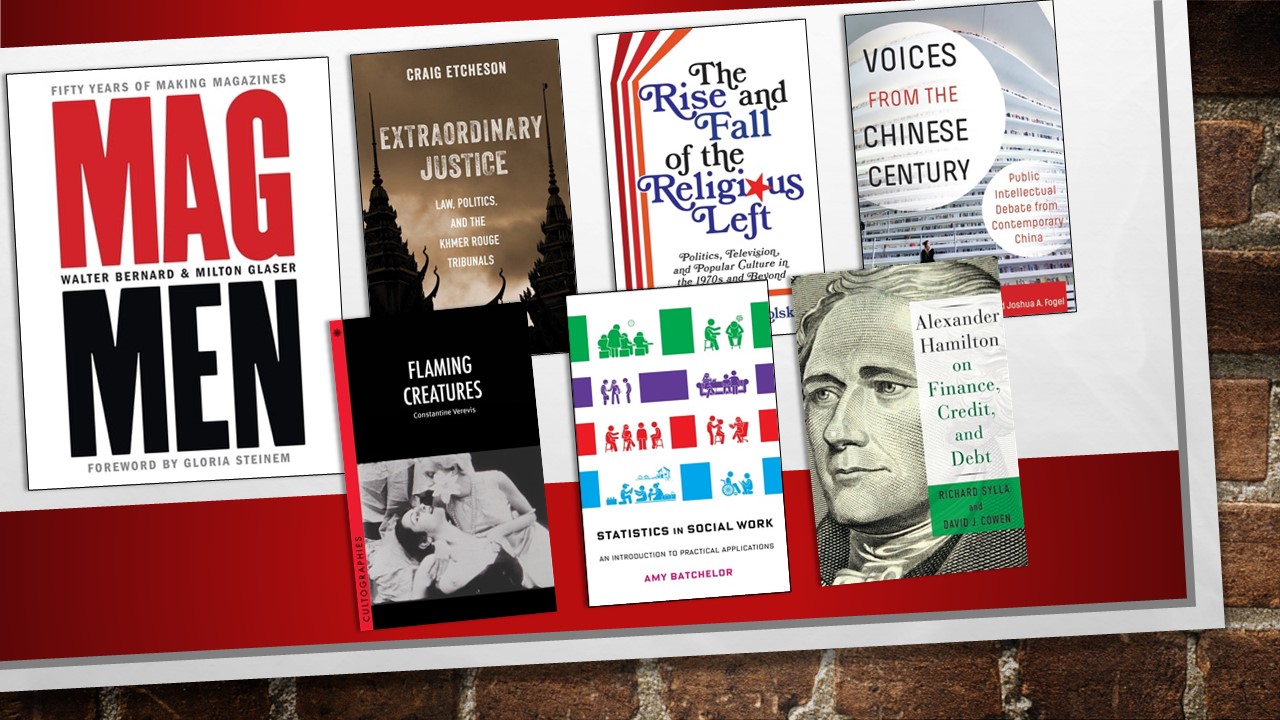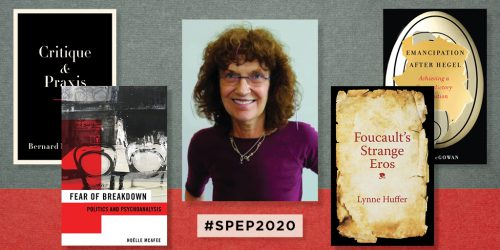Announcing Our 2019-2020 Religion Catalog

Letter from the editor:
It is with great pleasure that I present the Columbia University Press religion catalog for 2019–2020. These titles, which span subjects from philosophy of religion to South and East Asian religions American religions, and political theology, reflect the interdisciplinary and global approach of our list and exemplify the innovative and field-changing scholarship that we value.
Among the many outstanding titles in this year’s wide-ranging catalog, several deserve special attention. Two new books from young scholars intervene in America’s chaotic political climate in a surprising way-by drawing on popular culture. Living with Hate in American Politics and Religion: How Popular Culture Can Defuse Intractable Differences by Jeffrey Israel argues that playful disagreements-the kind we have while watching sports on television, for example-can help people from different backgrounds find cultural commonalities. The Rise and Fall of the Religious Left: Politics, Television, and Popular Culture in the 1970s and Beyond by L. Benjamin Rolsky shows how iconic television producer Norman Lear galvanized the religious left through smash hits like All in the Family. Taking a broader historical view, celebrated French political theorist Denis Lacorne’s The Limits of Tolerance: Enlightenment Values and Religious Fanaticism examines the idea of religious tolerance in North America and Europe and how it can respond to contemporary challenges. And taking an even broader view-encompassing the whole universe-Thomas Berry: A Biography by Mary Evelyn Tucker, John Grim, and Andrew Argyal illuminates the remarkable vision of one of the twentieth century’s most profound thinkers.
It will come as no surprise that we have a number of exciting titles in Asian religions. The Buddha’s Wizards: Magic, Protection, and Healing in Burmese Buddhism by Thomas Nathan Patton explores the surprising supernatural landscape of modern Myanmar. Ocean of Milk, Ocean of Blood: A Mongolian Monk in the Ruins of the Qing Empire by Matthew W. King reveals how one lone monk defended Buddhist traditions in the face of imperialist and nationalist upheaval. A Genealogy of Devotion: Bhakti, Tantra, Yoga, and Sufism in North India by Patton E. Burchett takes a broad view of the bhakti tradition and how it came to replace tantra as the primary form of Hinduism in early modern India. Becoming Guanyin: Artistic Devotion of Buddhist Women in Late Imperial China by Yuhang Li shows how women’s worship created a worldview independent of the Confucian patriarchal system. Moving to the 20th century, Beef, Brahmins, and Broken Men: An Annotated Critical Selection from The Untouchables by B.R. Ambedkar, one of the crucial political theorists of our or any time, is an essential contemporary resource in the global struggle against caste injustice.
Other books of exceptional originality include Muslim Environmentalisms: Religious and Social Foundations by Anna M. Gade, which explores the rich resources Islam has to offer to the care of the earth. Gendered Morality: Classical Islamic Ethics of the Self, Family, and Society by Zahra Ayubi demonstrates that gender equality can be found within the ethical tradition of Islam itself. And Archives of Conjure: Stories of the Dead in Afrolatinx Cultures by Solimar Otero shows how spirit entities co-create religious communities, artworks, and gendered, racial, and sexual experiences. I am sure you will find much to enjoy.
Sincerely,
Wendy Lochner: Publisher, Philosophy, Religion, Political Theory, Animal and Critical Life Studies

